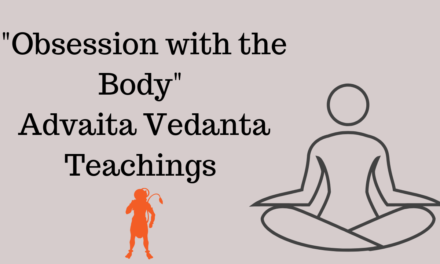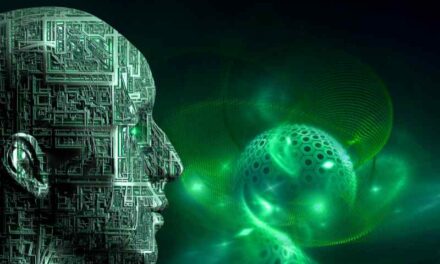In this conversation, the speaker, Maharaj, is explaining his experience of realization and the change it brought about in his life. He describes how he met his Guru at the age of 34 and realized by the age of 37. After realization, he lost his attachment to pleasure and pain and became free from desire and fear. He felt complete and full, needing nothing.
Maharaj also talks about the nature of consciousness and how all events arise and subside within it. He says that a mysterious power, which he calls awareness, looks after these events. This power is the foundation and ultimate support of everything that exists. He explains that immortality is not about continuity, but about seeing life and death as essential to each other, as two aspects of one being.
When asked about his relationship with his body and mind, Maharaj says that he does not see them as his own, but rather as simply “a body” and “a mind”. He lives his physical, waking life automatically and spontaneously, without being very conscious of it. He says that devotion to one’s goal and realization make noble virtue easy and spontaneous, by removing the obstacles of desires, fears, and wrong ideas.
Maharaj admits that occasionally an old emotional or mental reaction may occur, but it is quickly noticed and discarded. He sees himself as already dead, in the sense that he is dead to his body and mind. He explains that a tremendously complex work is constantly happening in the brain and body, and yet we are not conscious of it. He suggests that one’s entire personal life can function sanely and smoothly, largely below the threshold of consciousness.
Overall, Maharaj is trying to convey the idea that realization brings about a fundamental shift in one’s relationship with oneself and the world. It is a state of being where one is free from attachment to pleasure and pain, desires and fears, and where one sees oneself as connected to everything that exists.





